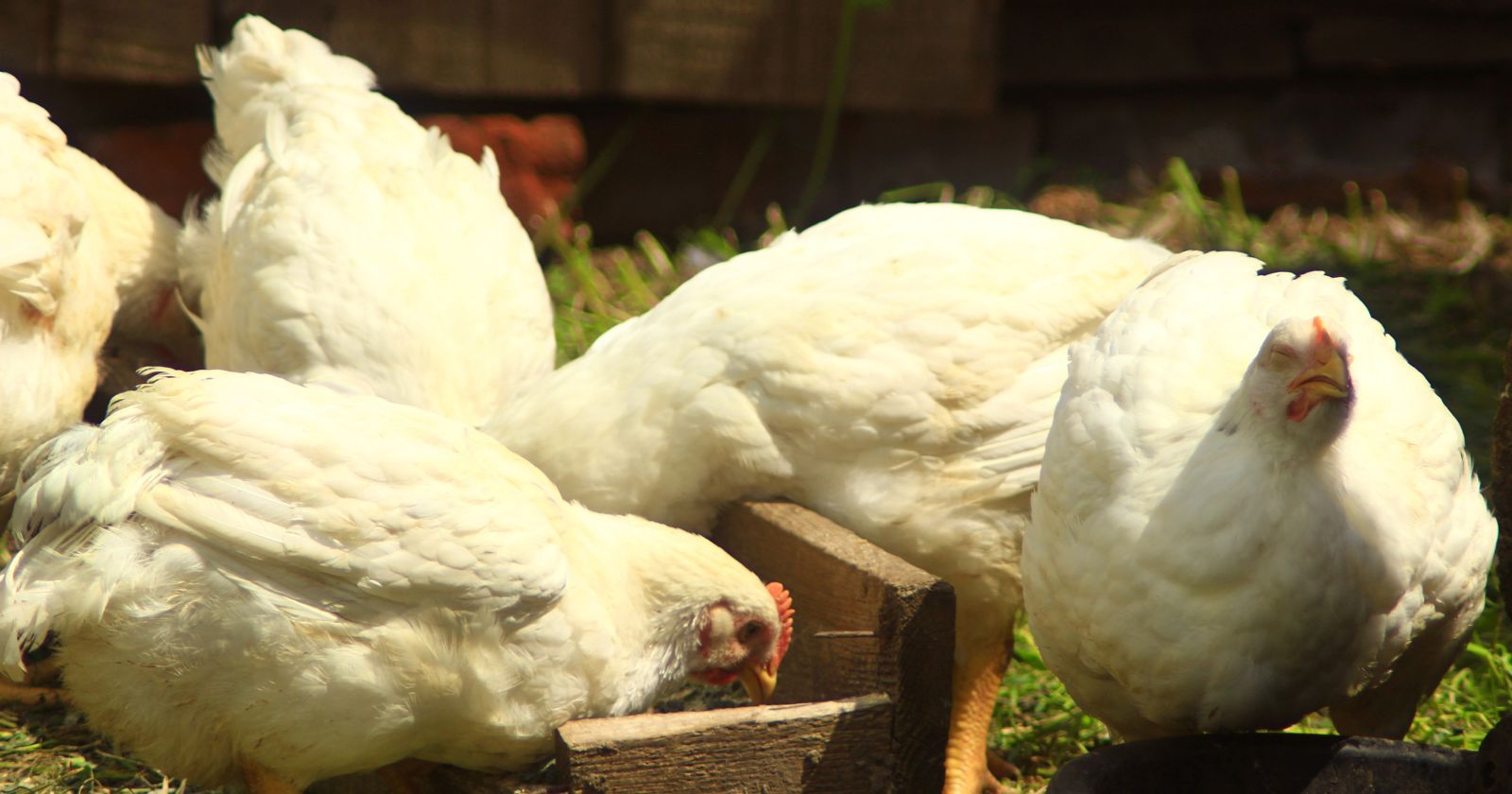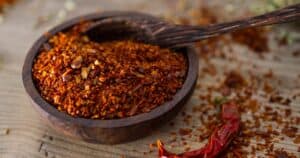Do you want your chickens to live their best lives? One secret is adding spices and herbs to their feed! Turns out seasonings provide major health benefits for your flock.
Popular picks like garlic, oregano, cayenne and cinnamon can boost chickens’ immunity, egg production, growth rate and more. These spices contain natural compounds that:
- Strengthen defenses against illness
- Improve nutrient absorption
- Increase egg numbers and quality
- Deter pesky insects and rodents
- Reduce stress for happier hens
This article explores the many advantages of spices for chickens. You’ll learn how supplements like turmeric, ginger, mint and clove support overall health. We cover safety tips for adding seasonings to feed. Plus find out which herbs to avoid.
Give your feathered friends the
Introduction: Benefits of Spices and Herbs for Chickens
Adding spices and herbs to chickens’ feed provides major benefits. Garlic, black pepper, oregano and more contain compounds that:
- Increase growth and body weight
- Improve digestion and nutrient absorption
- Reduce harmful bacteria and strengthen immunity
- Enhance egg production and quality
- Lower stress levels and promote wellbeing
Specific advantages include:
Increased Growth – Garlic and black pepper supplements help chickens gain weight faster.
Better Digestion – Ginger and cinnamon make it easier to absorb nutrients from feed.
Natural Antibiotics – Oregano and clove fight Salmonella and E. coli in the gut.
More Eggs – Soy, aloe vera and Chinese herbs can boost laying frequency.
Improved Quality – Garlic thickens egg shells and enriches yolk color.
Understanding Chickens’ Nutrition Needs
To stay healthy, chickens require:
- Protein – For building muscles and feathers, especially when young.
- Carbs & Fats – Provide energy (calories).
- Vitamins & Minerals – For strong bones, cell function, immunity and more.
- Water – To support all body processes and egg production.
Exact amounts needed depend on breed, age and egg laying status. But in general:
- Feed chickens starter ration with 20-23% protein in first 4 weeks.
- Gradually reduce protein levels by 1% each week as they mature.
- Provide layer feed with at least 16% protein for egg-laying hens.
- Offer insoluble granite grit to help grind and digest feed.
- Always provide fresh, clean water. Hens drink more when laying eggs.
Immunity-Boosting Spices and Herbs
Strengthen chickens’ defenses with these supplements:
Oregano – Potent germ-fighting properties. Also aids respiratory health.
Cinnamon – Antifungal and antibacterial powers to ward off illness.
Turmeric – Anti-inflammatory and antioxidant to support overall health.
Echinacea – Long used in humans to prevent colds and flu.
Cooked Rice – Brown rice boosts B-vitamins for immunity.
Wheat Bran – High fiber cereal grain with vitamin E to fight disease.
Sesame Seeds – Rich in zinc, an essential mineral for immunity.
Egg-Enhancing Spices and Herbs
Increase egg production with these supplements:
Ginger – Stimulates hens’ appetite and alleviates stress.
Cayenne Pepper – Boosts laying frequency in winter months when consumed.
Soybeans – Daidzein isoflavones improve egg numbers and quality.
Aloe Vera – Powerful photogenic properties to maximize laying.
Chinese Herbs – Angelica, Astragalus, Rehmannia, Schisandra and more.
Cumin – Enhances egg weight, shell thickness and immune response.
Garlic powder – Shown to increase egg size and yolk pigments.
Digestive Health with Spices
Settle chickens’ stomachs with these remedies:
Ginger – Stirs up appetite and calms nerves.
Cayenne – Warms chickens’ crops to stimulate digestion.
Oregano & Thyme – Contain carotenoids to limit gut bacteria.
Essential oils – Carvacrol and thymol boost intestinal health.
Herbal supplements – Garlic, cinnamon, turmeric strengthen digestive tract.
Pest Control and Coop Sprays
Repel insects and freshen housing with these herbs:
Mint – Strong scent deters flies, mosquitoes and beetles.
Rosemary & Lavender – Smells pleasant to chickens but bugs hate it.
Marigolds -REPELLENT KEEPS NASTY MITES AWAY FROM COOP.
Garlic & Lemongrass – Antimicrobial vapors reduce pathogens in air and soil.
Eucalyptus – Natural disinfectant clears airways and breathing.
Safe Spices to Use
Boost chickens’ diets with these herbs in moderation:
- Oregano – Immunity and digestion.
- Cayenne Pepper – Circulation and warmth.
- Ginger – Appetite and stress relief.
- Turmeric – Anti-inflammatory.
- Cumin – Digestion and egg boost.
- Garlic – Immunity and pest deterrent.
Spices to Avoid
Steer clear of these unsafe, potentially toxic options:
- Foxglove
- Comfrey
- Bitter orange
- Henbane
- Tea tree oil
- Horse nettle
- Aloe vera
Using Spices Safely
Follow these tips when adding spices:
- Start with small amounts to avoid upset stomachs.
- Slowly increase quantity over 2-3 weeks.
- Don’t rely on spices as sole source of nutrition.
- Mix spices into feed or offer as supplemental treats.
- Always provide fresh, clean water.
- Monitor chickens’ health and behavior.
- Consult veterinarian on correct amounts to use.
Spice up your flock’s life with herbs and seasonings! Just be sure to use safe spices in moderation.





